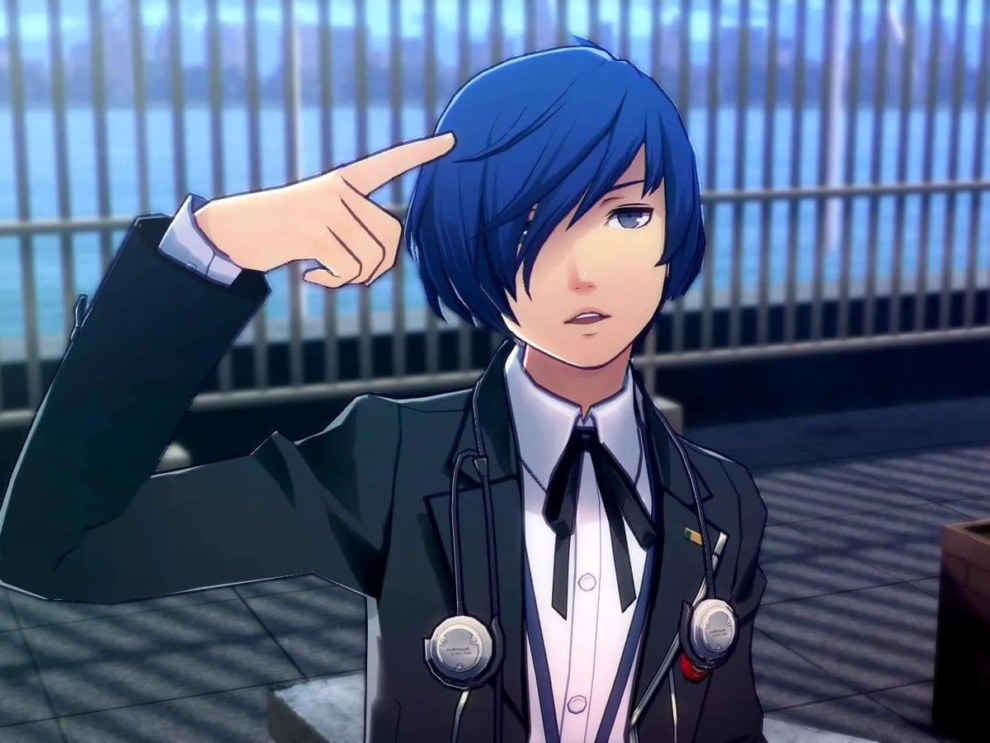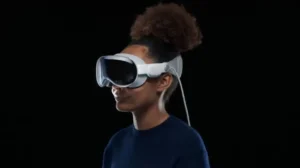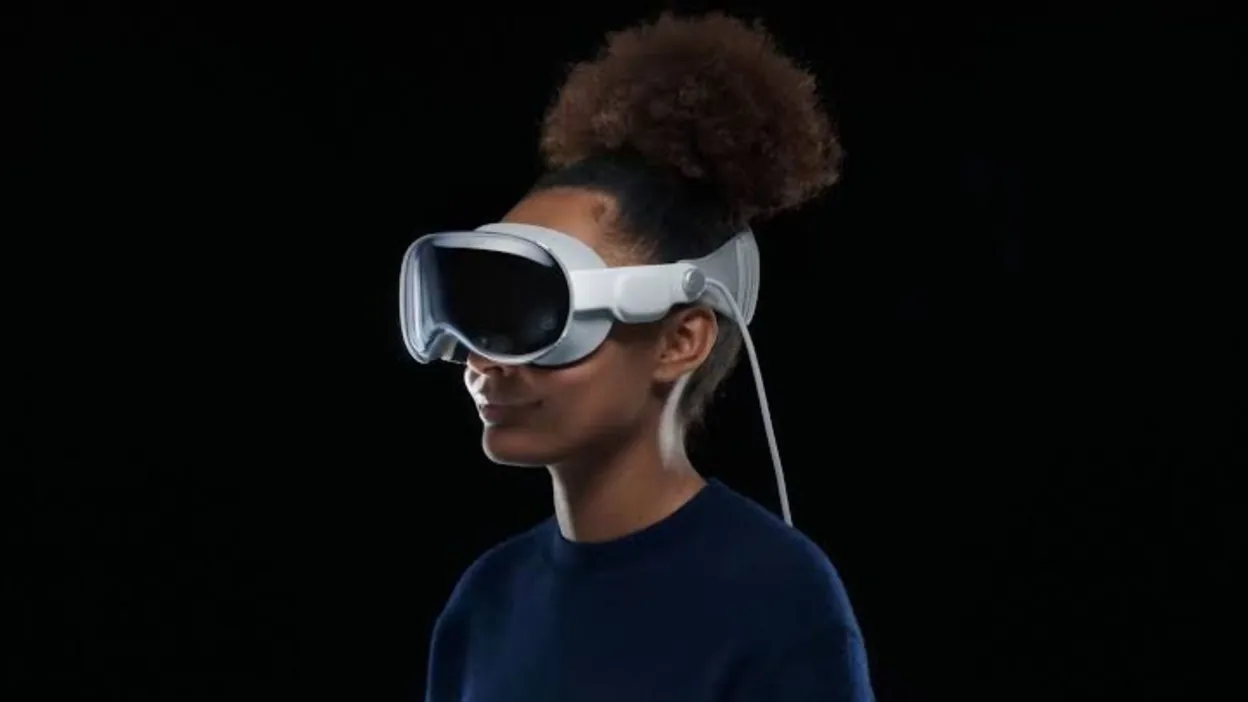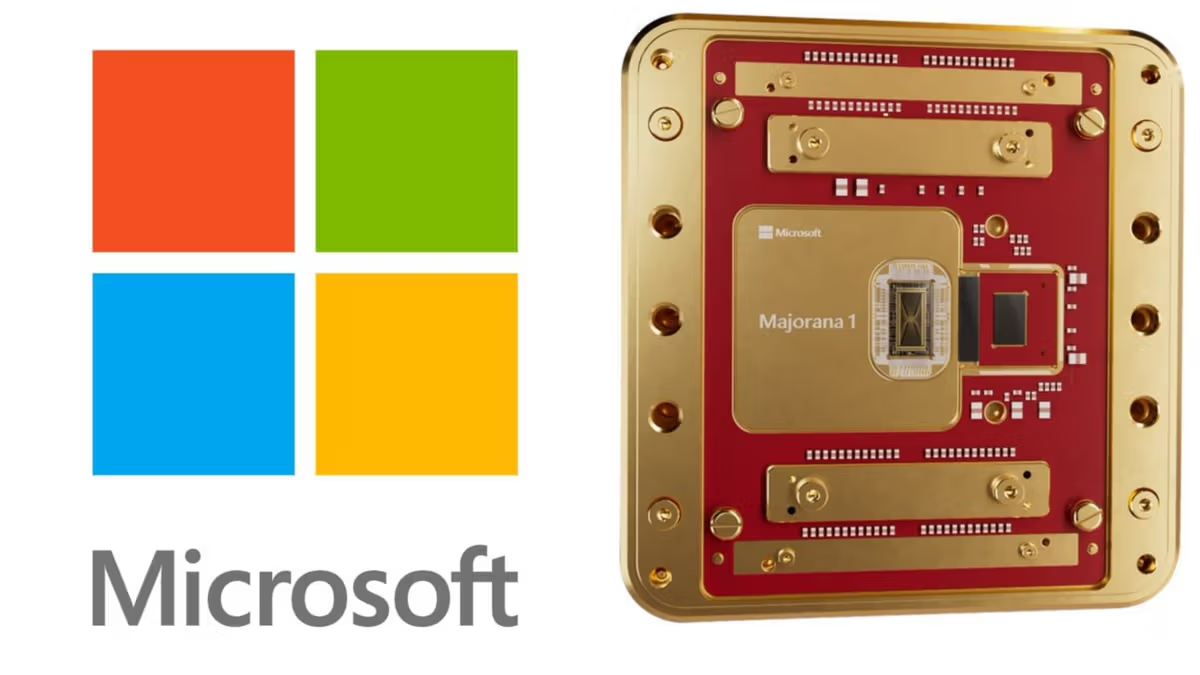Persona 3, the iconic PlayStation 2 JRPG that captivated audiences with its stylish combat and introspective themes, is receiving a long-awaited remaster titled Persona 3 Reload. While fans celebrate the return of the SEES squad, the remaster brings more than just a graphical upgrade. Notably, Persona 3 Reload tackles head-on a major criticism of the original game: its portrayal of transgender characters.
Key Highlights:
- Persona 3 Reload, a remaster of the beloved JRPG, addresses and removes transphobic elements from the original game.
- Dialogue changes eliminate misgendering and harmful stereotypes.
- Social Link rework provides a more nuanced and respectful portrayal of a transgender character.
- The move garners praise from LGBTQ+ advocates and fans, but sparks debate among some purists.
- Persona 3 Reload marks a significant step forward for representation in gaming, prompting wider conversations about inclusivity.
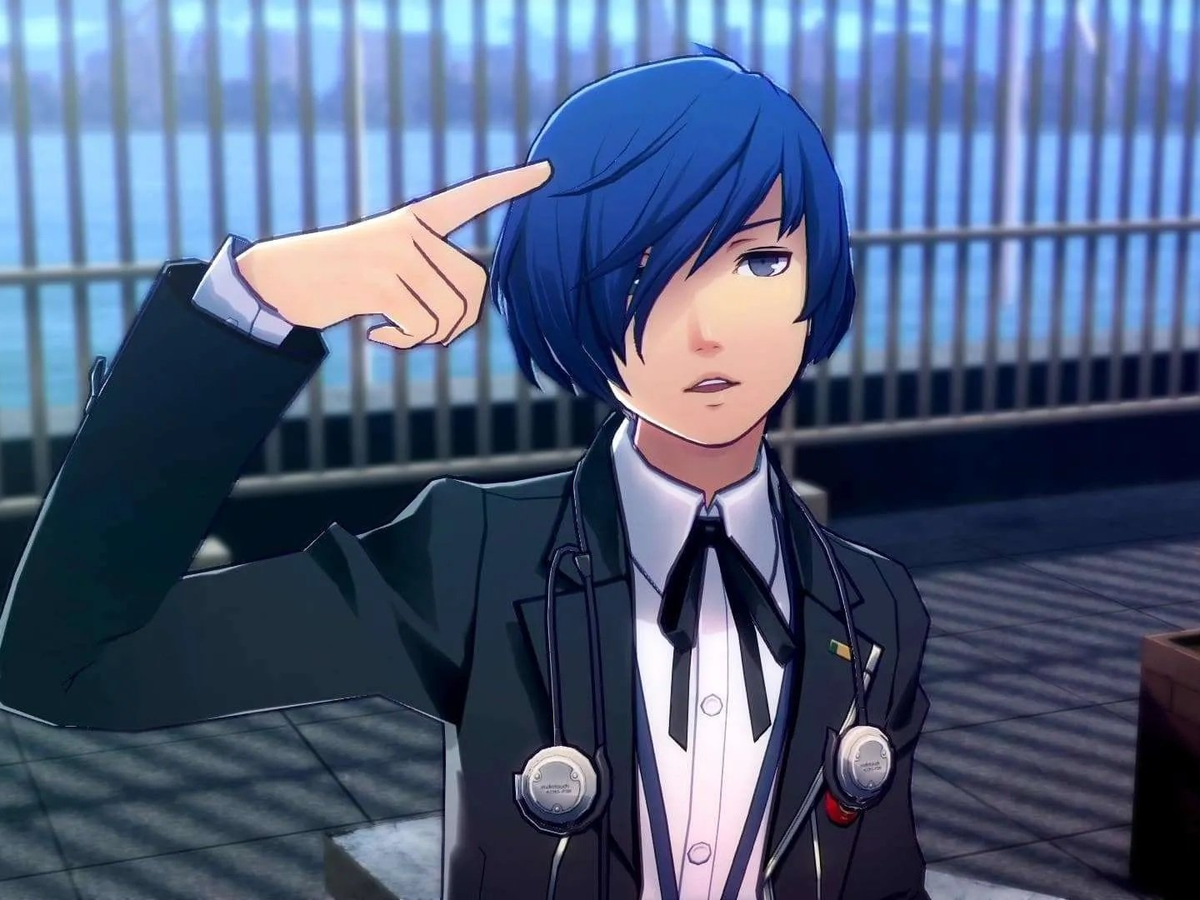
Combating Misrepresentation:
One of the most blatant issues in the original Persona 3 was the treatment of Junpei Iori’s female classmate, Kazushi Miyamoto. Misgendered throughout the game and subjected to insensitive jokes, Kazushi’s portrayal reinforced harmful stereotypes and invalidated her identity.
Persona 3 Reload rewrites Kazushi’s dialogue, ensuring she is consistently referred to with the correct pronouns and respecting her chosen name. Furthermore, the remaster removes insensitive jokes and replaces them with moments of understanding and acceptance.
Building Bridges, Not Stereotypes:
Beyond dialogue changes, Persona 3 Reload revamps Kazushi’s Social Link, the optional side-story exploring her relationship with the protagonist. Gone are the awkward attempts at humor based on her identity, replaced with a more complex and sensitive portrayal of her struggles and triumphs. Kazushi’s Social Link now delves into themes of self-acceptance, societal prejudice, and navigating relationships as a transgender individual.
Reactions and Ripples:
The changes in Persona 3 Reload have met with a generally positive response. LGBTQ+ advocacy groups and fans commend the developers for taking accountability and actively improving the game’s representation. “Seeing a major franchise like Persona address these issues head-on is a huge step forward,” says Erin James, spokesperson for LGBTQ+ gaming advocacy group Rainbow Arcade. “It sends a powerful message that transgender characters deserve respect and understanding.”
However, some purists criticize the alterations, claiming they compromise the original game’s creative vision and cater to “political correctness.” These concerns highlight the ongoing debate surrounding representation in video games, balancing artistic integrity with the responsibility to portray marginalized groups accurately and respectfully.
A Turning Point for Representation:
Persona 3 Reload’s approach to addressing its transphobic elements marks a significant turning point for representation in gaming. It demonstrates that developers can acknowledge past mistakes and actively improve their products to be more inclusive. Furthermore, it sparks wider conversations about the importance of responsible representation and its potential to foster empathy and understanding within gaming communities.
While debates around creative freedom and inclusivity may continue, one thing remains clear: Persona 3 Reload’s efforts to leave behind its problematic past pave the way for a more diverse and welcoming future for gaming. This is not simply a remaster; it’s a step towards a more inclusive future for the industry as a whole.

